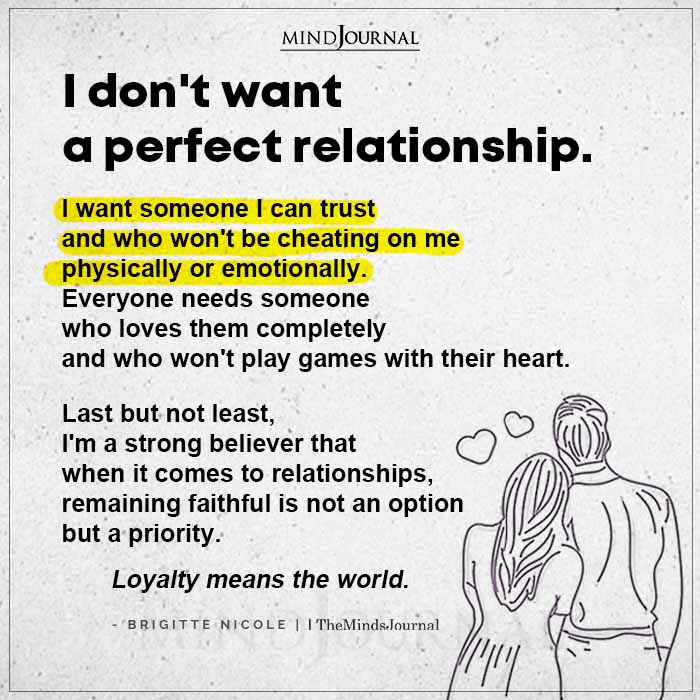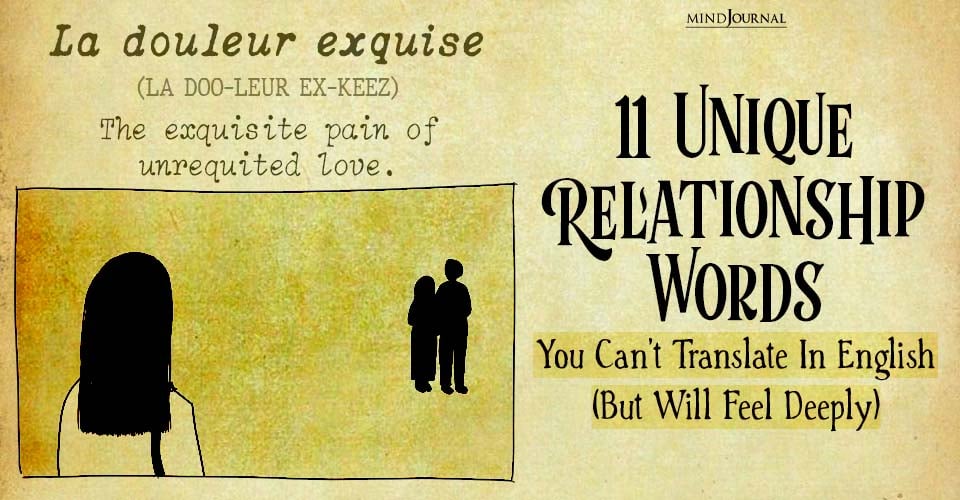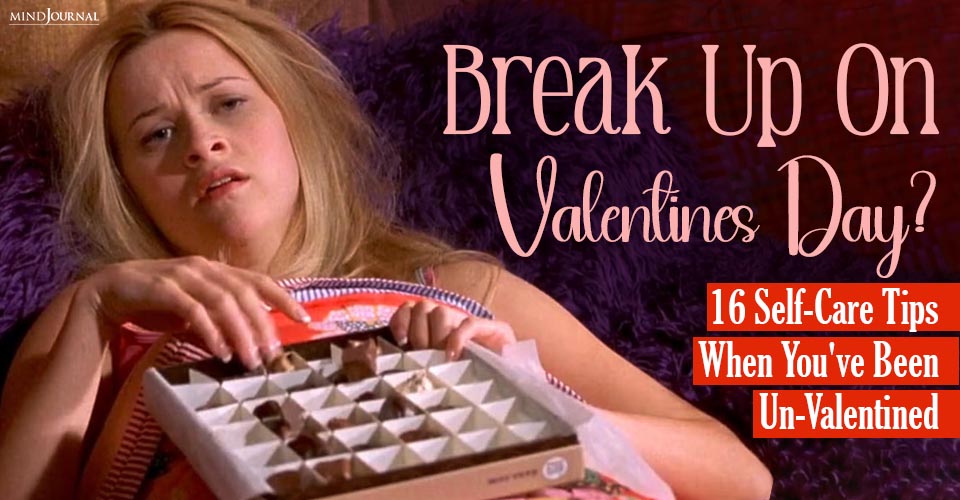Fights, arguments, disagreements, and conflicts are a part and parcel of every relationship. However, when things continue to go south, and every fight seems to escalate to something ugly, it’s a sign that maybe you need couples therapy. So, the million-dollar question is when do you need couples therapy, and how to know when you need couples therapy?
If I had my way, couples would seek couples therapy early and often! Love is not easy. And for those of us who were raised by people who struggled in their intimate relationships, love can be downright tough!
Couples therapy can be an amazing and healing place to sort through all of the sneaky ways that the past can get in the way of our intimate relationships today. When dating or engaged couples come to couples therapy, they often feel some shame—“If we already need help, we are doomed.”
I am quick to share my perspective that it is brave and wise to reach out for help. In my undergraduate course, Building Loving and Lasting Relationships: Marriage 101, I tell my students, “If you remember nothing else from this class, please remember this: go to couples therapy the first time your partner asks you to!”
Very often, by the time a couple gets to my office, one partner has been waiting for months or years, and that can make our work even more difficult.
Here are three fights that can indicate that it’s time to seek professional input. I have also included some tips for how to handle these conflicts.
Related: How Can Couples Therapy Repair Your Relationship?
3 Fights Or Signs You Need Couples Therapy
1. “You don’t have my back.”
Trust is the sense that your spouse has your best interests at heart, and it is a key ingredient in a healthy intimate relationship or marriage. Trust acts as an emotional and energetic shortcut.
It is the difference between:
- “I take you at your word” AND
- “I listen to your words, seek data that confirms or denies that, run it through my own internal sensors, etc…” which is exhausting.
Untrustworthy behavior– including money and sexual fidelity– creates a sense of “you don’t have my back.” It is very difficult to stay in a marriage in which there has been a breakdown in trust. The good news is that trust can be rebuilt. It always takes time and it usually requires professional help.
TIPS:
- Maintain trust by valuing direct communication (say what you mean and mean what you say), practicing emotion regulation (“It’s hard to be honest with you because you freak out when I am!”), and asking the question “What does the marriage need?” (Which may be different from “What do I need?” or “What do you need?”).
- Two ingredients are key to rebuilding trust. (1) Time– trust builds slowly with time and with repeated opportunities to behave in a trustworthy fashion and (2) Accountability– the one who has behaved in an untrustworthy fashion must be willing to apologize and make different choices going forward.

2. “I don’t believe in us.”
In a thriving marriage, couples create and work toward individual and relational goals, dreams, aspirations, and hopes. The first step to a whole host of marital problems is disengagement.
When spouses become emotionally and physically disengaged, they can start to question their love for each other and wonder, “What are we all about?” At its worst, disengagement can make it feel like you are participating in something you no longer believe in.
TIPS:
- Create a couple manifesto or mission statement. Update it regularly.
- Create short, medium, and long-term goals for each individual and for the marriage.
- Create couple rituals– daily affirmations, weekly movie night, monthly dance class, annual vacation.
Related: 7 Important Conversations Every Couple Needs To Have
3 “We don’t live in the same reality.”
When a couple recounts a fight in therapy, I sometimes wonder whether they were even in the same room when the fight happened because the stories are so different.
This can be a reflection of a deeper problem which is a lack of willingness or lack of ability to work collaboratively in order to create a story of the relationship that honors multiple realities and differences in perspective. If this continues, it feels demoralizing and lonely.
When there is untreated addiction, untreated mental health problems like anxiety or depression, or relational abuse of any kind (emotional, physical, and/or sexual), spouses are particularly at risk of feeling like they live in two different realities.
TIPS:
- Commit to living and loving with humility. Your reality is ALWAYS shaped by your perspective, and it is ALWAYS limited.
- Lean into your spouse’s view of the problem and actively look for pieces of his/her story that you can buy into and empathize with. In other words, work with your spouse to create a shared couple story of the problem.
- Try to look at the fight from the perspective of a neutral third party. This is why couples therapy can be so helpful. The therapist has the advantage of being able to look at the dance between partners rather than being stuck in one partner’s story or the other and he or she can help the spouses begin to hold this “third story” view as well.
Nothing on earth grows us up the way an intimate relationship does! Love is a powerful catalyst for healing and evolution—if and when we are committed to doing the work that love demands of us.
Want to know more about couples therapy? Check this video out below!
Written By Alexandra Solomon Originally Appeared On Dr. Alexandra Solomon










Leave a Reply